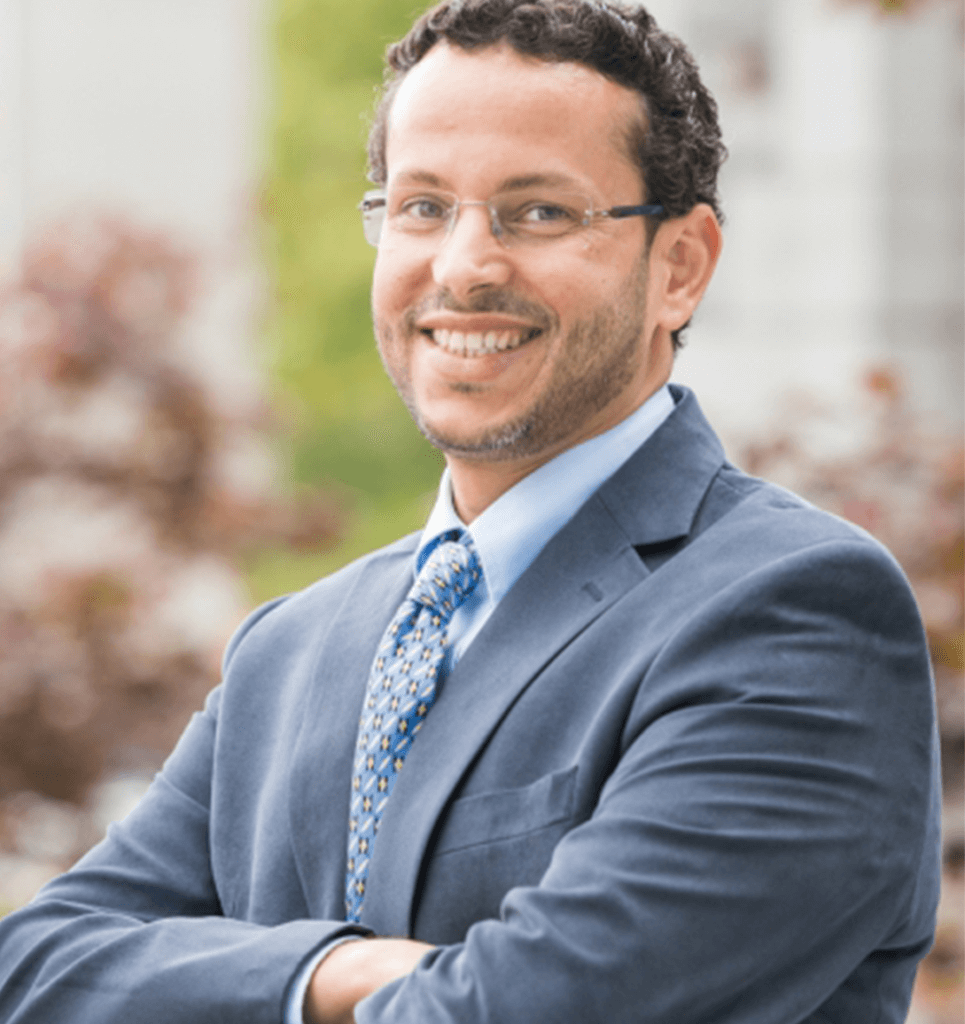Deep Learning for Full Literacy
Deep learning has revolutionized a fast-increasing host of domains, but what can it offer for ensuring full literacy? In this talk, I will report on a cluster of research projects at the intersection of deep representation learning and natural language processing whose outcomes directly support full literacy in a diverse, multilingual society. This includes work on automatic speech processing, machine translation and other natural language generation, natural language understanding, and language policy.
Tuesday, June 21, 2022
9:30 EDT
6:30 PDT, 7:30 MDT, 10:30 ADT,
14:30 BST

Dr. Muhammad Abdul-Mageed
Co-Lead of Computational Modeling
University of British Columbia
Muhammad Abdul-Mageed’s research focuses on deep representation learning and natural language socio-pragmatics, with two main goals: (1) development of `social’ machines for improved human health, safer social networking, and reduced information overload; and (2) use of machine learning as a vehicle for making discoveries with and about human language. Examples of Muhammad’s recent work include development of spatial and linguistically-motivated large-scale language models for natural language processing, decoding imagined speech from brain signal, neural detection of misinformation and machine-generated text, multilingual and latent variable neural machine translation, and billion-scale investigation of human communication during COVID-19. As a part of the grant Muhammad is excited about making discoveries about how the human brain encodes language in its different forms and how language learning happens under diverse sets of conditions.

